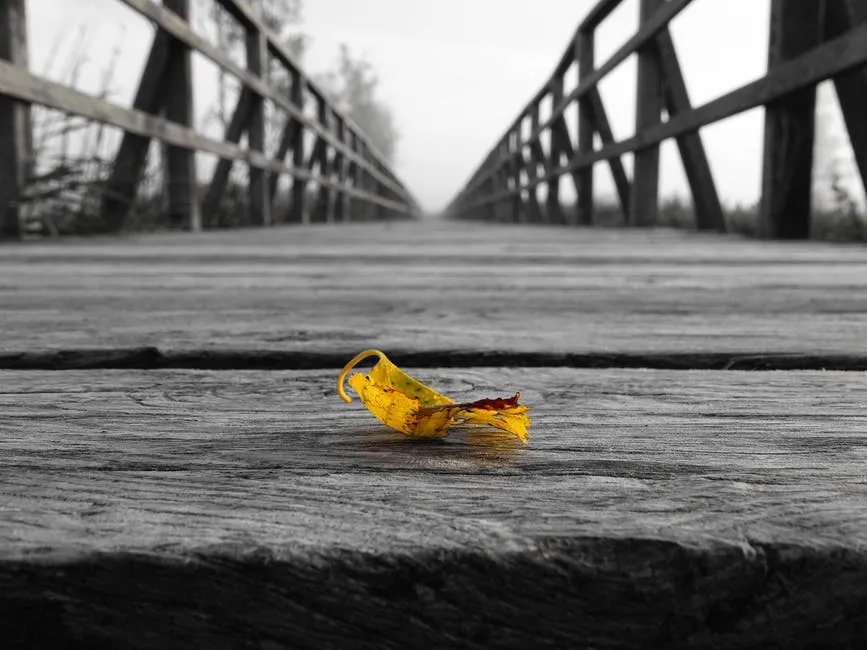
It was when I saw my great, great, great, great grandfather’s tombstone, way before many detail records of average folks were kept in Newfoundland , that I got some answers that I was looking for. His tombstone had recorded when, where and how he died. It was a watery grave for him. He drowned, along with his brother, in the Narrows of St John on September 19, 1846. This was the date of the “Great Gale” that took the lives of so many along the East Coast of North America, from Florida to Newfoundland . In Newfoundland there are ballards from 1846 describing the storm and the destruction of homes, schooners and lives lost. My great, great, great, great grandfather was in his prime; his first and only child was eleven months old.
And another tombstone, recorded the town, in Ireland , that another set of great, great, great, grandparents were from. It also had meaningful details of the family that created bridges of solid clues for me to dig deeper into the family tree. How grateful I was to have come across these tombstones, and I was enthusiastically ready to seek out more of them. Then a historian burst my bubble by explaining how lucky I was that I had ancestors with the financial means to have these tombstones, as all tombstones had been imported from Ireland or England . He explained how many people could not afford that and how many graves were marked with simple wooded crosses. He told me that he lived in a town, where even today, most of the graves were only marked with wooden crosses. How long would they survive? How long before the graves became forgotten? How many of my ancestors have been forgotten because of wooden crosses. How much of my family history have I lost to time and the elements?
In my hometown, cemeteries are now going out of business as no one is being buried. The old cemeteries, with tombstones of a few hundred years old, are trying to sell their cemeteries to the town, or the historical society. Cemeteries are just not profitable any more as cremation seems to be the choice these days along with a memorial service.
Of course now we have digital records. Have you ever lost digital records? We like to think that they are permanent, but are they? We like to think we will always have access to them, but will we?
I am creating hard copies of my family trees, while I have access to online data. I am collecting as much information from tombstones and non online data while I can: dates, stories, historical connections, autographs, correspondence, work done, photographs, maps….. so my descendants will know their family history, both the good and the bad.
When we lose our past, we lose many treasures. Will you and your treasures be forgotten with time or deleted? Will your descendants seek out who and how you lived your life to help and explain who and what they are?
The following poem is by an unknown author
Dear Ancestor
Your tombstone stands among the rest neglected and alone.
The name and date are chiseled out, deeply on polished stone.
It reaches out to all who care, as it’s too late to mourn.
You did not know that I would exist, as you died, and then I was born.
Yet some of us are cells of you, though your flesh and blood are gone.
Our blood contracts and beats a pulse entirely not our own.
The space you filled, dear Ancestor,
more than a hundred years ago,
affects us today as much as those,
you left behind who loved you so.
I wonder if you laughed, and loved.
I wonder how you lived?
I wonder if I smile like you,
or have inherited with your wit?
I wonder if you knew somehow,
I wonder if you cared
that one day I would find this spot
and come visit you a bit?